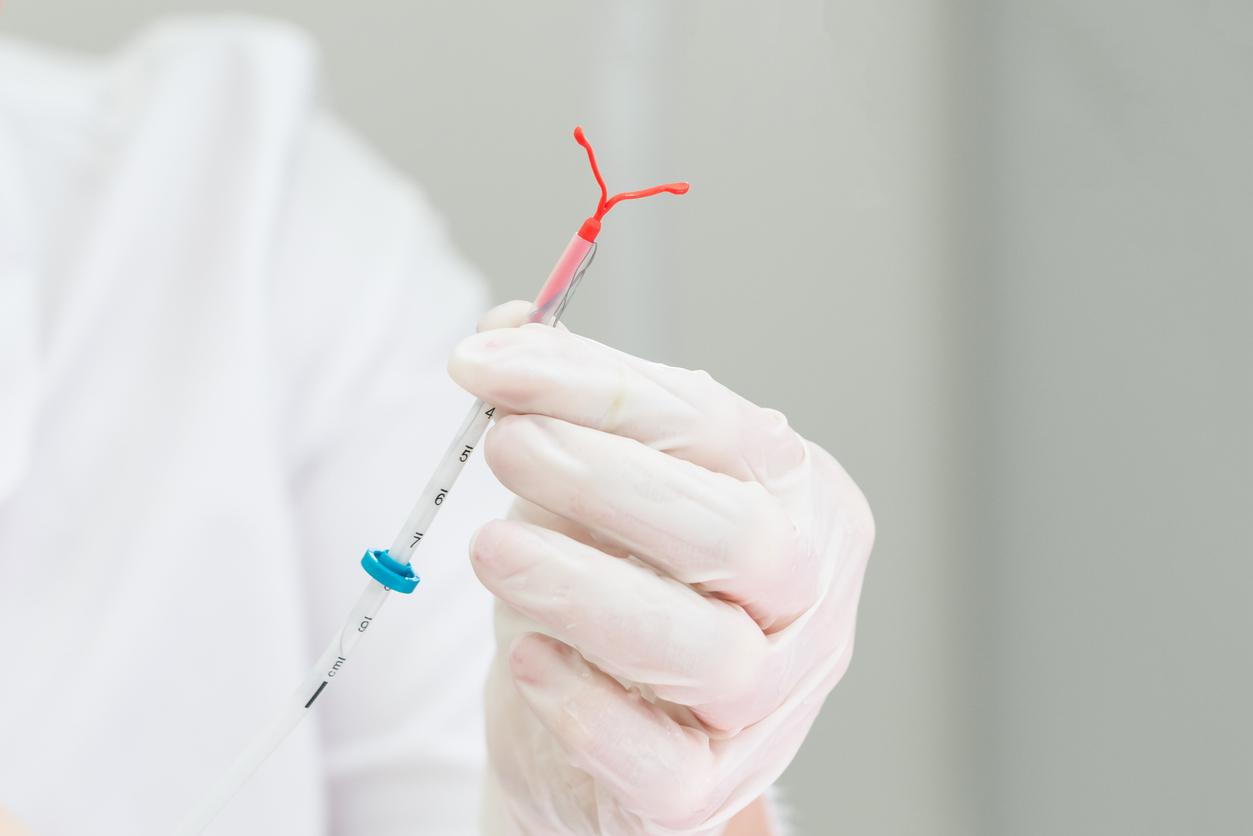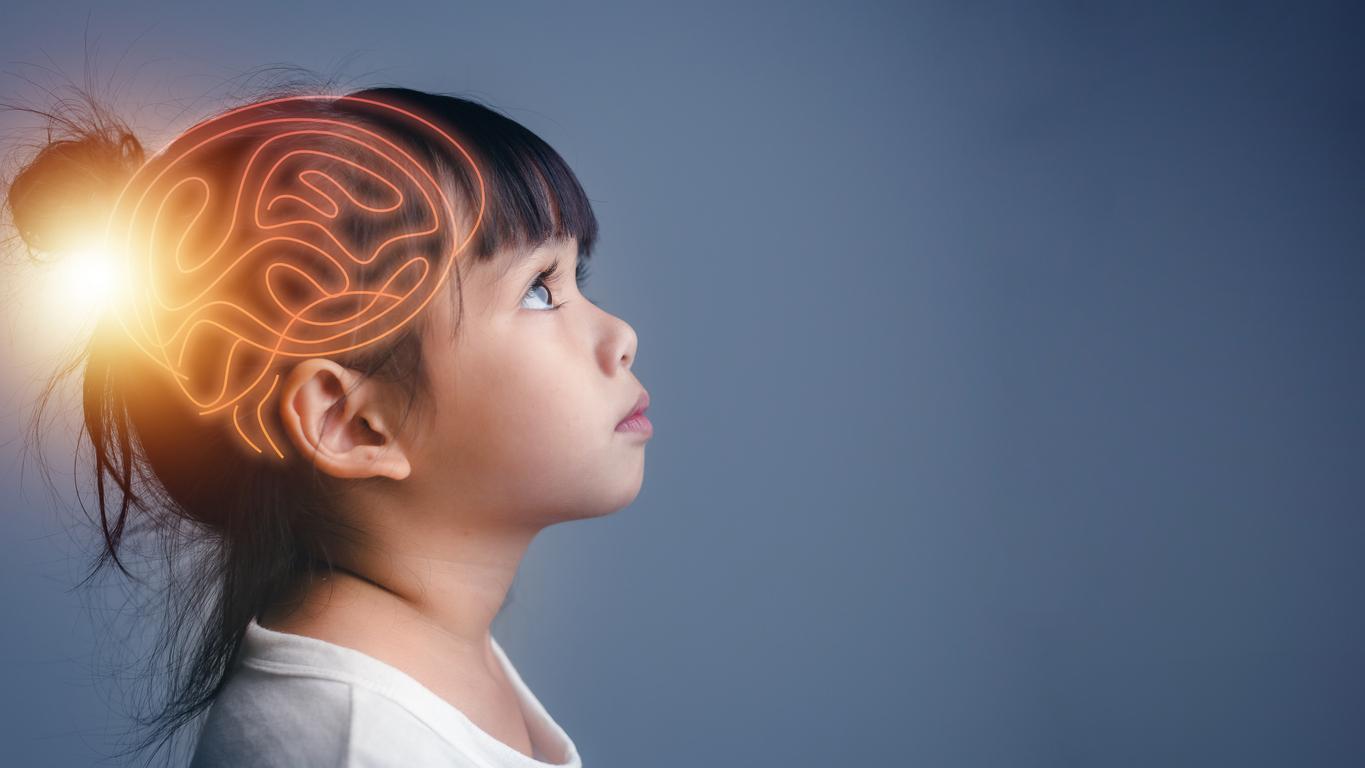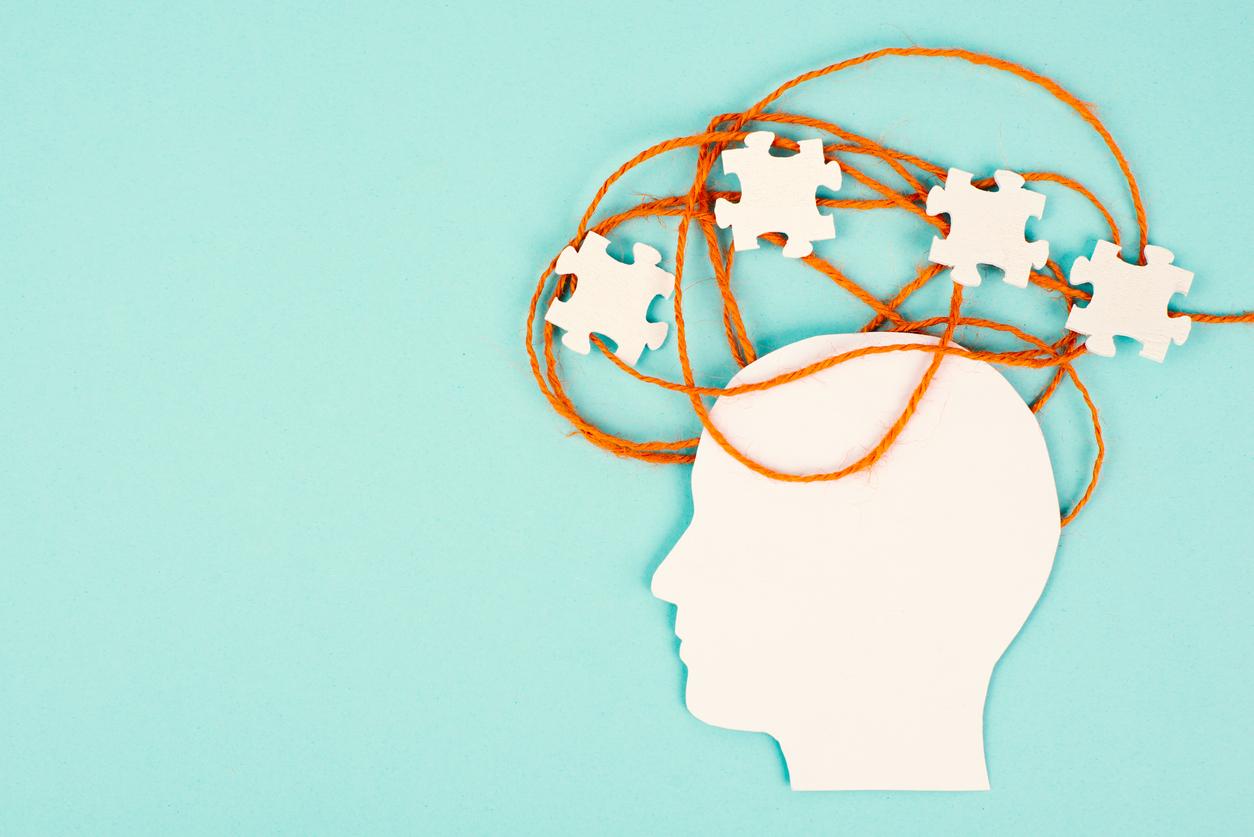On the occasion of the national awareness day for Attention Deficit Hyperactivity Disorder, this June 12, 2024, Pourquoi docteur takes stock of its diagnosis in children.

- 3.5 to 5.6% of school children suffer from attention deficit disorder with or without hyperactivity.
- This disorder disrupts the lives of young patients and can affect their schooling.
- Diagnosing ADHD is not easy.
It is estimated that in France, between 3.5 and 5.6% of school children suffer from Attention Deficit Disorder with or without Hyperactivity (ADHD). It is now better known and diagnosed, and consulting a professional as early as possible allows for multidisciplinary care that will benefit the child.
Characteristics of ADHD
ADHD manifests itself in different ways and impacts all areas of a child’s life, at home, at school, or in other environments. While some people show more hyperactivity and impulsivity, others have more symptoms of inattention.
ADHD is considered a neurodevelopmental disorder and is not a curable disease, but as the brain matures during adolescence, some children experience a decrease or even disappearance of their symptoms.
A difficult diagnosis to make
While many children suffer from inattention, hyperactivity or impulsivity, these symptoms are more pronounced and longer lasting in those with ADHD, often causing concern among parents, caregivers or teachers.
However, the diagnosis is not easy to make because there are no specific medical tests. Specialists carry out a thorough assessment of the child and his environment, examining his development since birth, his behavior at home, at school and elsewhere, as well as his progress in school.
To facilitate the diagnosis, some tools can be used based on the behavioral criteria defined by the Diagnostic and Statistical Manual of Mental Disorders (DSM), also psychological and neuropsychological tests as well as behavioral scales completed by parents and teachers.
A multidisciplinary diagnostic approach
The assessment of a child with ADHD should involve several health and education professionals such as doctors, psychologists, teachers, educators, social workers or occupational therapists. Each professional uses his or her expertise to comprehensively assess the child, his or her needs and how he or she functions in different contexts.
Contrary to popular belief, ADHD is not just a fad, it is a real disorder that requires appropriate care and support in all areas of the child’s life.
Learn more: “ADHD in children – practical advice for hyperactive children” by Elizabeth Sophie Wright and Christelle Graciot.


















